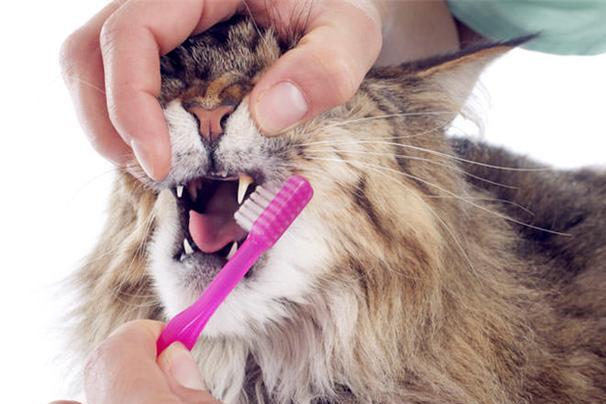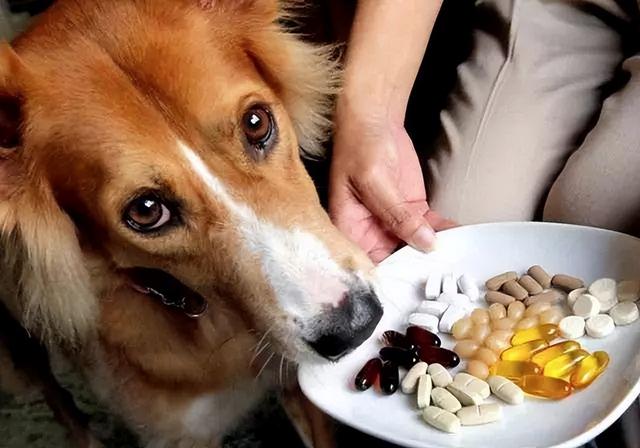Holistic Approaches to Pain Management in Pets
Helping your beloved pet manage pain is a vital aspect of responsible pet ownership. While traditional veterinary medicine offers effective pain relief options, holistic approaches can complement conventional treatments and promote your pet’s overall well-being. In this article, we’ll explore holistic approaches to pain management in pets that focus on the physical, emotional, and mental aspects of their health.

1. Acupuncture
Acupuncture involves inserting tiny needles into specific points on your pet’s body. This traditional Chinese medicine practice can alleviate pain, improve circulation, and stimulate the release of endorphins, natural pain relievers.
2. Massage Therapy
Massage therapy for pets can help relieve muscle tension, improve flexibility, and reduce pain. Gentle, soothing strokes from a trained therapist can provide comfort and relaxation to your pet.
3. Herbal Remedies
Herbal remedies, such as turmeric, chamomile, and ginger, have natural anti-inflammatory properties and can be incorporated into your pet’s diet to reduce pain and inflammation.
4. Physical Rehabilitation
Physical rehabilitation programs, often supervised by a veterinarian, can include hydrotherapy, exercises, and stretches tailored to your pet’s needs. These programs can help improve mobility and reduce pain.
5. Chiropractic Care
Chiropractic care focuses on aligning your pet’s spine and musculoskeletal system. This can provide relief from musculoskeletal pain and promote overall well-being.
6. CBD (Cannabidiol)
CBD, a compound derived from hemp, has gained popularity for its potential to relieve pain and anxiety in pets. Consult your veterinarian before using CBD products to ensure safety and proper dosing.
7. Aromatherapy
Aromatherapy uses essential oils to promote relaxation and reduce pain. Some pet-safe essential oils, like lavender and chamomile, can be diffused or diluted for gentle aromatherapy sessions.
8. Mind-Body Connection
Pets can experience pain emotionally as well as physically. Spend quality time with your pet, engage in activities they enjoy, and provide emotional support to ease their mental distress.
9. Diet and Nutrition
A balanced diet rich in anti-inflammatory foods like omega-3 fatty acids can help manage chronic pain. Consult your veterinarian for dietary recommendations.
Conclusion
Holistic approaches to pain management in pets recognize that physical health, emotional well-being, and mental state are interconnected. By incorporating these holistic methods into your pet’s care, you can provide comprehensive pain relief while promoting their overall quality of life.
Always consult your veterinarian before starting any holistic treatments to ensure they are safe and appropriate for your pet’s specific condition. With the right combination of traditional and holistic care, you can help your pet lead a pain-free and fulfilling life.






